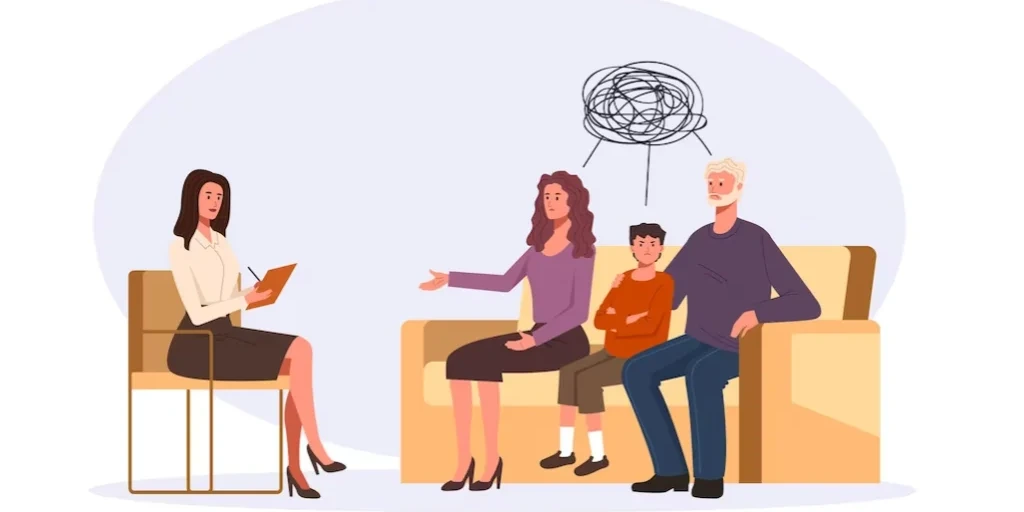24/7 Helpline:
(866) 899-221924/7 Helpline:
(866) 899-2219
Learn more about Aftercare Support centers in Bossier County
Aftercare Support in Other Counties

Other Insurance Options

UnitedHealth Group

United Health Care

WellPoint

CareSource

Ceridian

Molina Healthcare

Magellan

Amerigroup

Sliding scale payment assistance

Optima

Covered California

BHS | Behavioral Health Systems

Evernorth

Aetna

Private insurance

Oxford

BlueCross

AllWell
Beacon

WellCare Health Plans

CADA Bossier Treatment Center
CADA Bossier Treatment Center is a CARF-accredited substance abuse rehab for adolescents and adults....

AppleGate Recovery
AppleGate Recovery offers medication assisted programs for individuals with opiate addiction. AppleG...
























Red River Behavioral Center
Red River Behavioral Center is a private rehab located in Bossier City, Louisiana. Red River Behavio...

Council On Alcoholism
Council On Alcoholism is a private rehab located in Bossier City, Louisiana. Council On Alcoholism s...

Bossier Rehabilitation and Fitness
Bossier Rehabilitation and Fitness is a private rehab located in Bossier City, Louisiana. Bossier Re...

Red Oak Counseling
Red Oak Counseling is a private rehab located in Elm Grove, Wisconsin. Red Oak Counseling specialize...












































































































